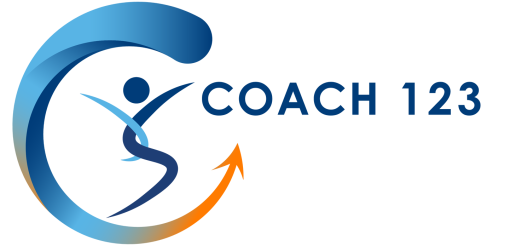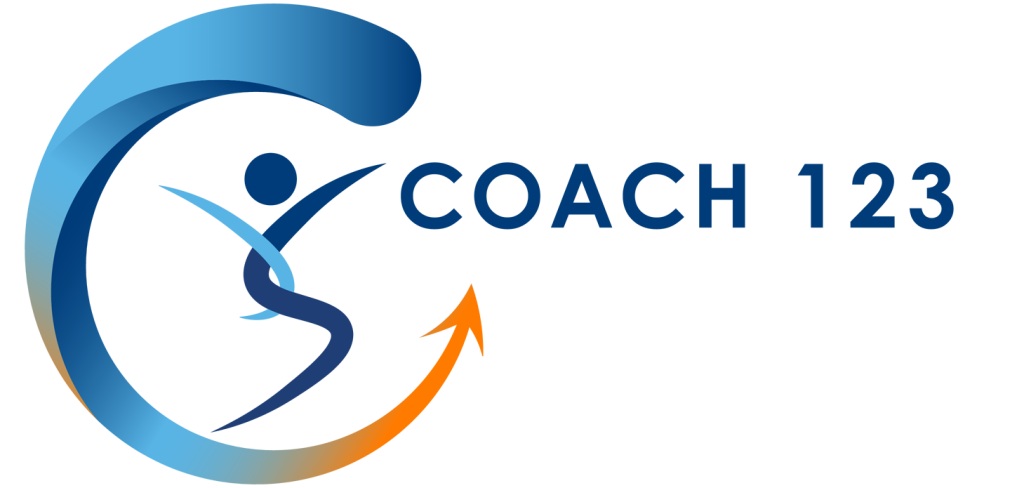The Number One Indicator of Success in Coaching
The Number One Indicator of Success in Coaching

In the previous blog the idea of coaching as both a service for leaders and a skill for leaders to develop was explored. Here it continues with further exploration of coaching competencies as leadership skills.
Rapport is the number one indicator of success in a coaching relationship. Rapport requires truly earning trust, creating that safe space for a conversation. Coaches build rapport by demonstrating genuine interest, empathy, and respect for their clients, focusing on active listening and understanding their needs and challenges. They also utilize verbal and non-verbal communication to create a connection and build trust, including matching the client’s pace and tone. These skills are developed in coach training and applied when coaching.
For successful leaders, when their people trust them and know it is safe to have transparent conversations with them, they are going to have more awareness, more insight, more ideas coming to them, which in turn means they have more opportunities for effecting positive change in the workplace, for inspiring people, and for their own decision-making. Leaders that learn coaching learn how to develop rapport.
During training, coaches learn to be present. It is so easy to be distracted. And of course, leaders have a million things on their plate. Learning how, in the moment, to set everything else aside and truly be with whoever you are with is a skill that benefits leaders. You have probably heard someone talk about a great leader they know and that when they are with that leader, it is as if the whole rest of the world didn’t exist. The leader is truly there with them. This inspires people; they want to follow that leader. Coach training equips leaders with the competency for being present.
Coach training also teaches listening: listening deeply to understand, listening on multiple levels, listening cumulatively over time, understanding patterns that are happening, noticing energy shifts, and listening within the context of the person talking because their experiences, who they are, is different which calls for listening to their intended meaning.
Coaching training develops awareness of the significance behind how something is said, as well as awareness of the implications behind how it is said. Word choice significantly affects the meaning, tone, and overall effectiveness of communication. Different words evoke different emotions, create specific images, and influence how the listener perceives the message and the sender.
Evoking awareness is another of the competencies in coaching. It is about the questions that are asked. Coaching questions serve leaders because when leaders ask questions using the coaching style of questioning, they truly do invite full engagement, full participation, and that in and of itself motivates people.
The coaching competency of facilitating client growth makes a lot of sense for leaders because one of the responsibilities of a leader is developing their team. Through coach training, leaders learn to partner with their people so that they themselves design their strategies and actions, which in turn motivates ownership and follow-through.
Specifically, the International Coaching Federation, ICF, has defined eight core competencies for coaches. Each of these competencies is also an essential skill for leaders.
| Coaching Competencies | Coaching Competency as a Leadership Skill |
| Demonstrates Ethical Practice | Coaching ethics take leadership ethics and organizational ethics to a higher level. |
| Embodies a Coaching Mindset | A coaching mindset is open, curious, and flexible plus holds others as fully capable which is essential for great leaders. |
| Establishes and Maintains Agreements | The elements of clarity and transparency for coaching agreements serve leaders well in their interactions. |
| Cultivates Trust and Safety | Learning to both give and earn trust equips leaders to develop rapport with their people so they want to follow. |
| Maintains Presence | Learning to be fully present with another supports understanding and demonstrates respect – both key for leaders. |
| Listens Actively | Upgrading listening skills ensures understanding and elevates the quality of communication for leaders. |
| Evokes Awareness | Coaching questioning techniques help leaders develop their people. |
| Facilitates Client Growth | Facilitating growth is essential for leaders developing their people. |
Coaching is viewed as both a service and a skill for leaders. Coaching is a service that leaders utilize to enhance their leadership capabilities and develop their teams. Coaching also involves developing specific skills in leaders to effectively coach and guide others. The focus on coaching is shifting towards making it an integral part of a leader’s skill set, rather than solely a service provided by outside experts.
Coaching is a service for leaders. The ROI on that service averages 600%.
Coaching is also an essential skill set for leaders to develop!











